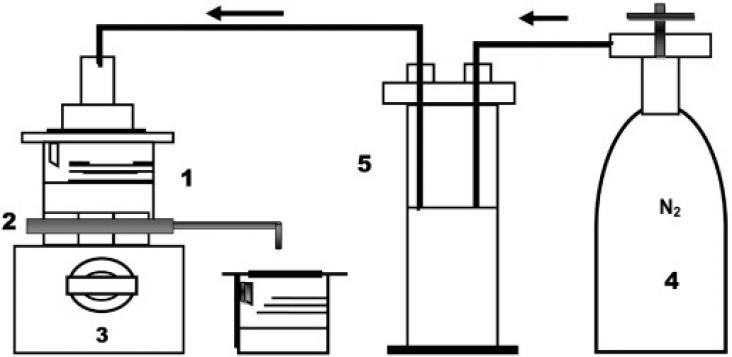The planetary boundaries framework proposes quantified guardrails to human modification of global environmental processes that regulate the stability of the planet and has been considered in sustainab

Water footprint (WF) measures human appropriation of water resources for consumptive use of surface and ground water (blue WF) and soil water (green WF) and for assimilating polluted water (grey WF).
Persuading individuals to engage in pro-environmental behavior is challenging.
Increased demand for food to feed the ever-growing population led to development and adoption of synthetic chemicals as a quick and effective strategy of managing crop pests and diseases.

In 2017, Chioma Blaise Chikere was awarded the second prize of the Green and Sustainable Chemistry Challenge. Her project “Eco-restoration of crude oil-polluted land in Nigeria” demonstrated how organic nutrients such as garden fertilizers and animal excreta can be used to degrade hydrocarbons, cleaning up the soils heavily contaminated by decades of oil spills and advancing SDGs 6, 13 and 15. Three years later, we caught up with Dr. Chikere to learn about her research journey.
With the increasing importance of ‘emerging powers’ in the global economy, questions are raised about the role of developing countries in shaping global norms.
The use of crop evapotranspiration data has allowed the estimation of crop water requirements and consumptive groundwater use.

A cationic chelating polymer, namely biopolymer chitosan CHI with a molecular weight of 117 kDa is employed in the present study to bring about the retention of azoic dyes from its aqueous solutions b

The cost-effectiveness and reliability of waste collection services in informal settlements can be difficult to optimize given the geospatial and temporal variability of latrine use.
